Economic Growth: The Intersection of Arab and Chinese Business Landscapes
The economic landscapes of the Arab world and China are undergoing a transformation, driven by a growing web of partnerships and investments. This blog post explores this dynamic intersection, highlighting the potential for mutual benefit, ongoing research efforts, and the existing challenges.
Aligning Strategies: BRI and the Rise of China-Arab Cooperation
China's ambitious Belt and Road Initiative (BRI) serves as a key driver of this economic integration. The initiative aims to establish a vast network of infrastructure and trade routes connecting China with other regions, including the Middle East. Research suggests a lack of quantitative studies analyzing these interactions on an individual country basis (Chen, et.all, 2023, “Evolution of China’s interaction with Middle Eastern countries under the Belt and Road Initiative”).
However, the increasing presence of Chinese companies in the Arab world is undeniable. A report by PwC found that the UAE and Saudi Arabia are top destinations, with 83% and 73% of respondents having businesses or expansion activities there, respectively. Many of these companies focus on energy and infrastructure sectors, which aligns with the goals of the BRI.
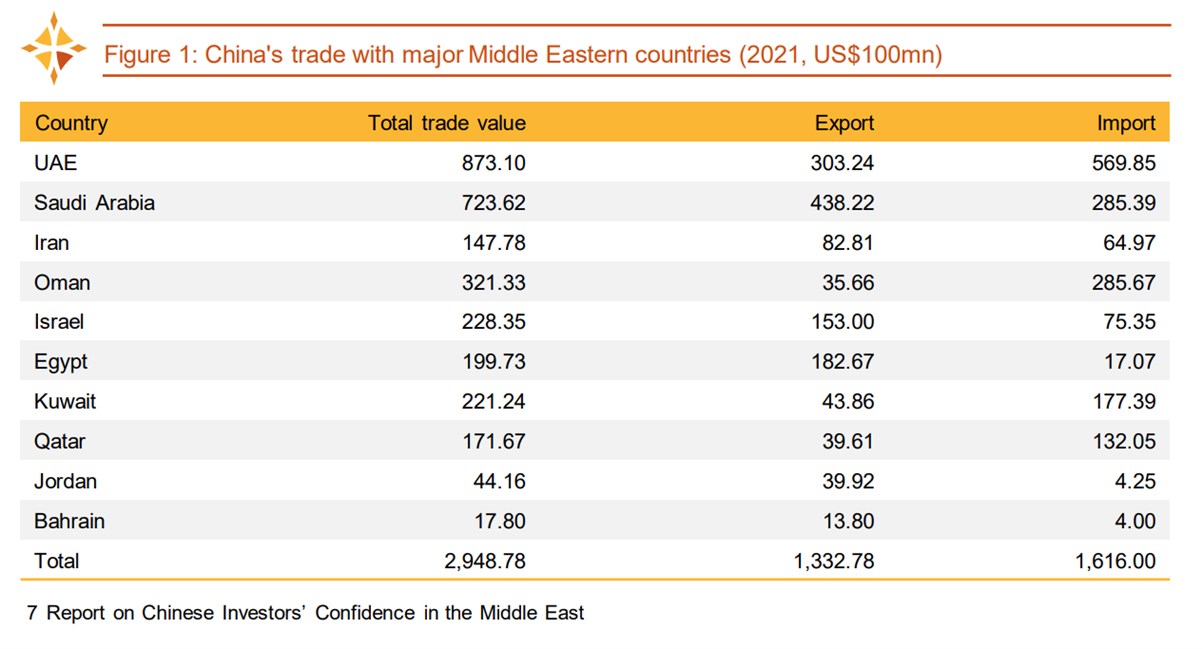
Profitable Ventures and A Look Ahead
The PwC report also reveals positive experiences for Chinese investors in the Middle East. Market potential is a major driver for investment (75% of respondents), with many businesses finding the region profitable (66%).
The report highlights a continued interest in the region, with a significant majority (82%) of respondents planning to enter or expand their presence in the Middle East, with a focus on Saudi Arabia and the UAE.
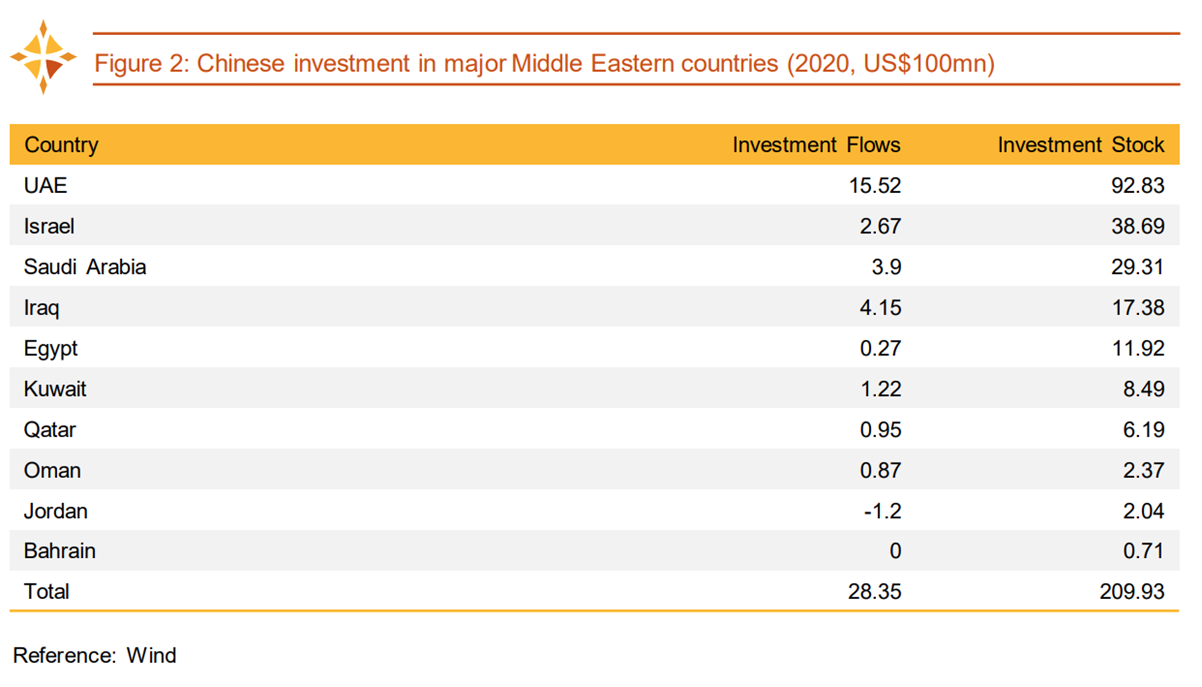
The Arab-Chinese Business Conference: Building on Momentum
The recent Arab-Chinese Business Conference in Saudi Arabia further underscores the growing momentum behind this economic partnership. The conference yielded roughly $10 billion worth of business deals between China and the Gulf Cooperation Council (GCC).
Following the China-Arab States Summit held in Riyadh late in 2022, these deals signal a commitment to deeper collaboration. Major agreements included a $5.6 billion deal between the Saudi Ministry of Investment and a Chinese electric vehicle company. The conference also witnessed the signing of the Riyadh Declaration, outlining a roadmap for future collaboration in crucial sectors for GCC economic diversification, such as renewable energy, AI, and cybersecurity.
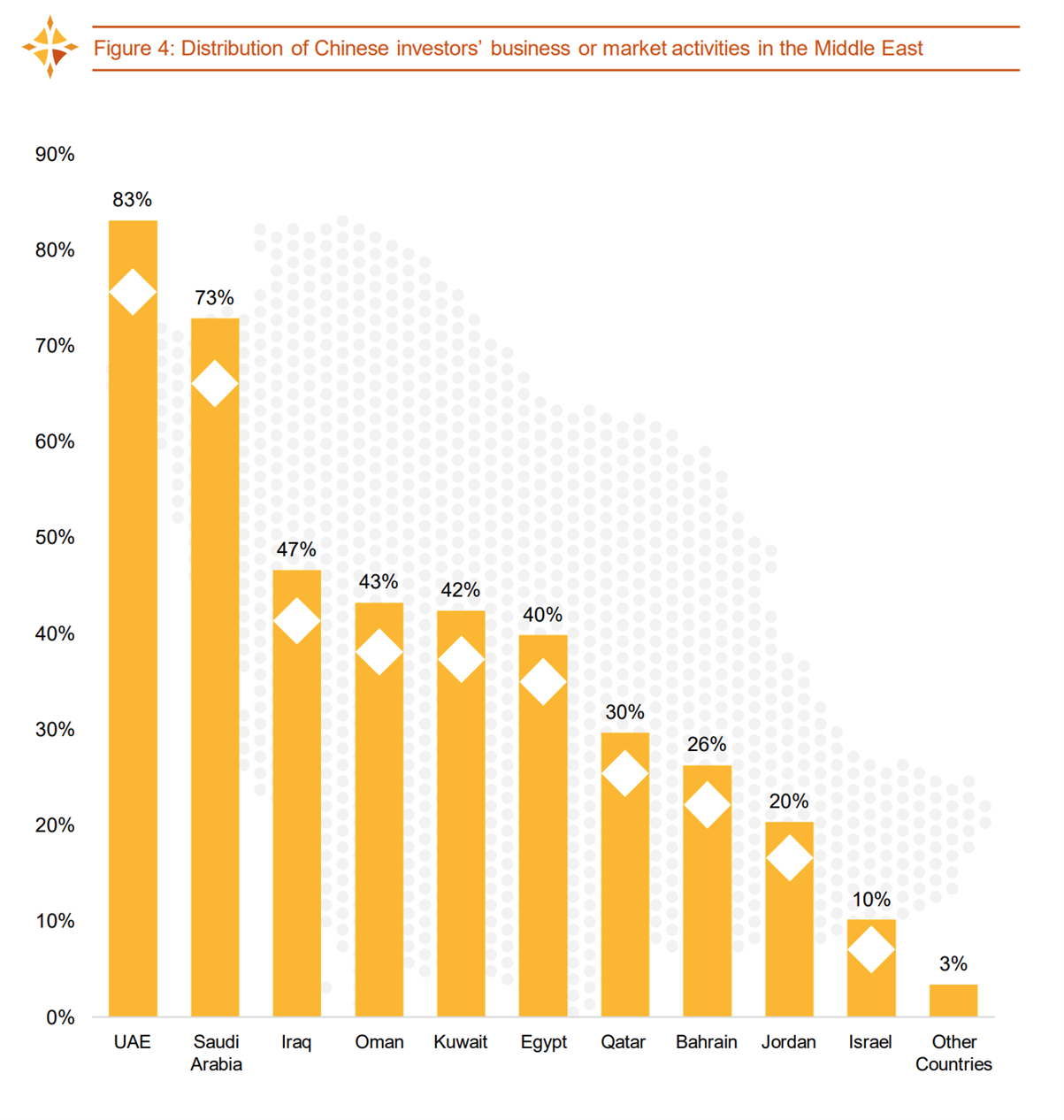
Beyond Oil: Diversification and Shared Interests
The economies of the GCC countries, namely Saudi Arabia, UAE, Bahrain, Oman, Qatar, and Kuwait, have traditionally relied heavily on oil exports. However, there is a growing recognition of the need to diversify.
China's investment and technological expertise can be instrumental in this process. The UAE, for instance, has witnessed a surge in Chinese companies establishing a presence in recent years, exceeding 6,000 in total. This trend highlights the growing interest of Chinese businesses in the Arab world.
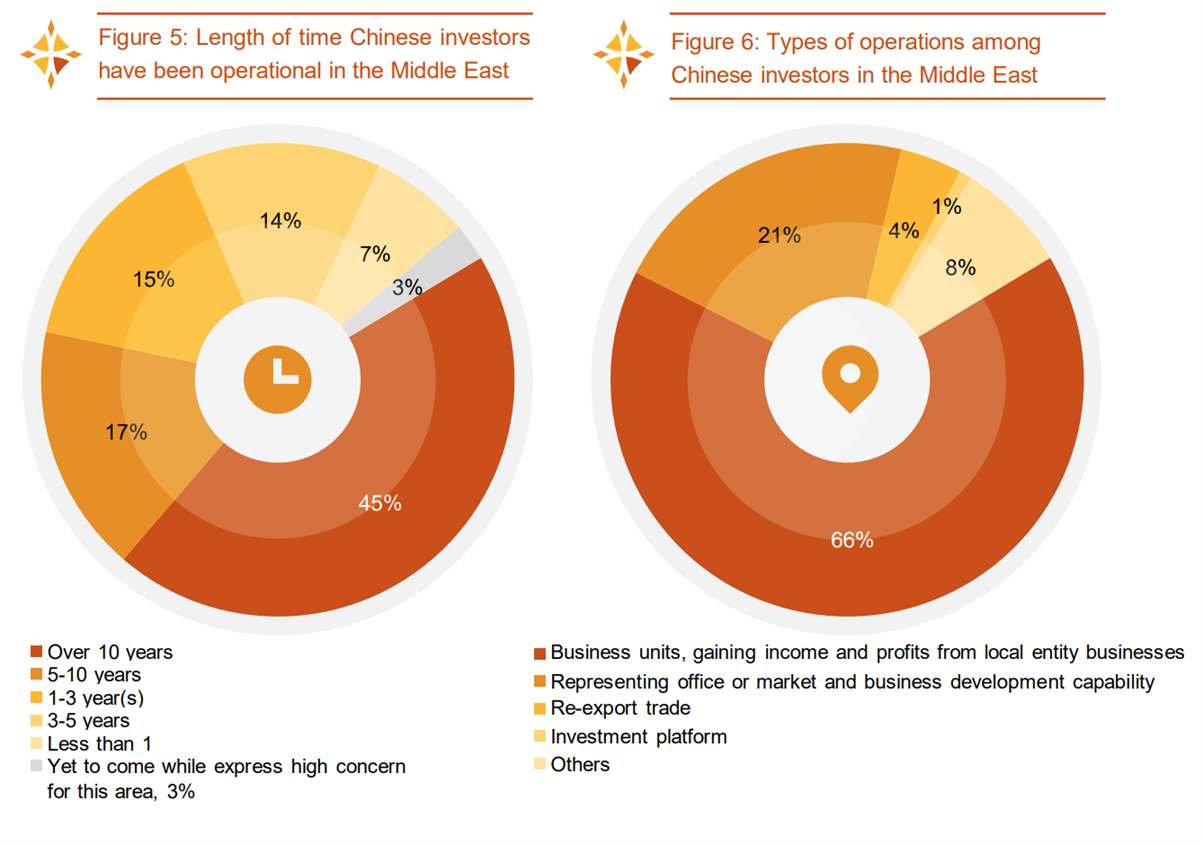
Challenges and Collaborative Solutions
Despite the positive outlook, there are hurdles to overcome. The PwC report identifies geopolitical risks, oil price fluctuations, and complex legal and tax regulations as major concerns for Chinese investors in the Middle East. Additionally, navigating cultural differences and ensuring knowledge transfer will be crucial for long-term success.
Further research, as identified in the paper titled “Evolution of China’s interaction with Middle Eastern countries under the Belt and Road Initiative”, using quantitative methods to analyze these interactions on an individual country basis can provide valuable insights to address these challenges and foster a more collaborative environment.
In conclusion, the economic landscapes of the Arab world and China are converging, presenting exciting opportunities for growth and development in both regions. By addressing existing challenges, fostering a spirit of collaboration, and leveraging ongoing research, this partnership has the potential to be a significant driver of economic prosperity in the years to come.
Collaboration at 2024 AIM Congress
At the 2024 AIM Congress, six different tracks will feature dedicated sessions and talks exploring the transformative potential of the Economic Growth due the Intersection of Arab and Chinese Business Landscapes.
Join leading experts and industry figures to understand how blockchain can empower individuals, redefine industries, and unlock a new era of global economic growth. AIM Congress 2024 provides a premier platform for this critical conversation, making it a must-attend event for anyone invested in the future of finance.
Register today for the 2024 AIM Congress.








































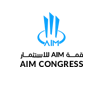
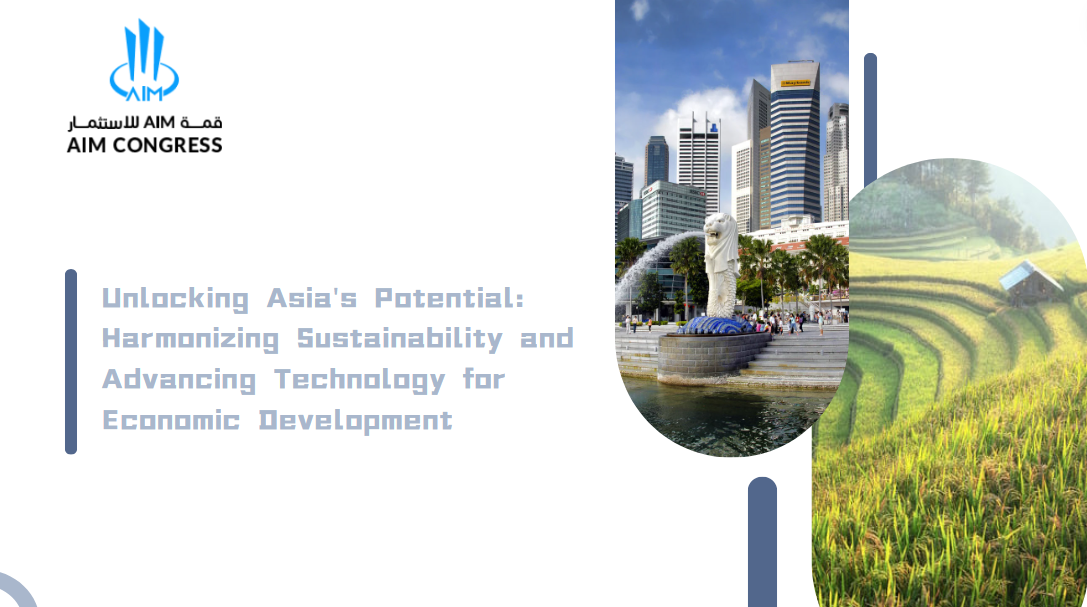
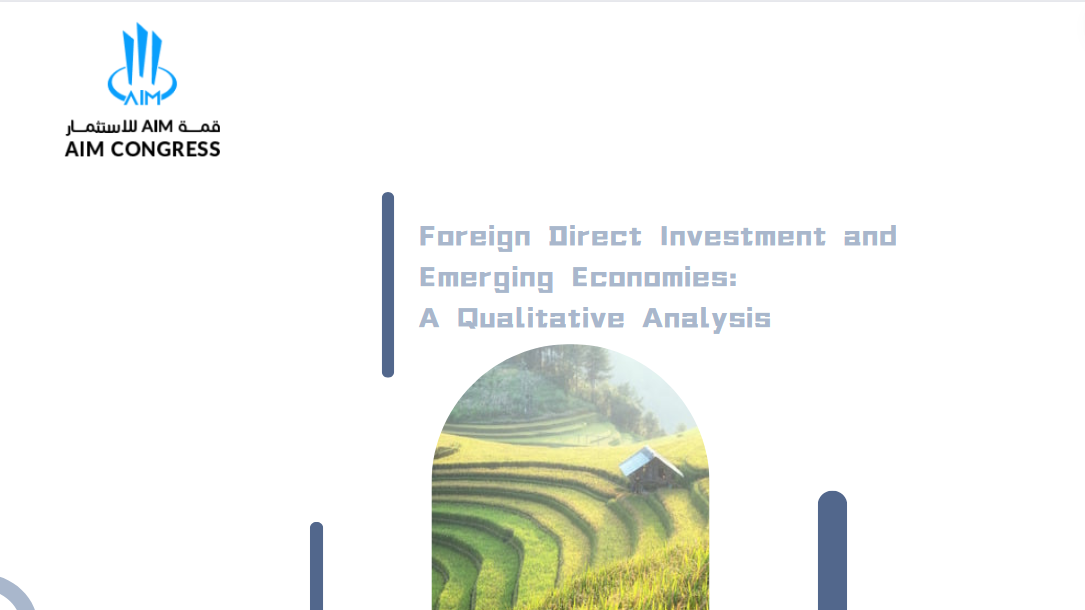
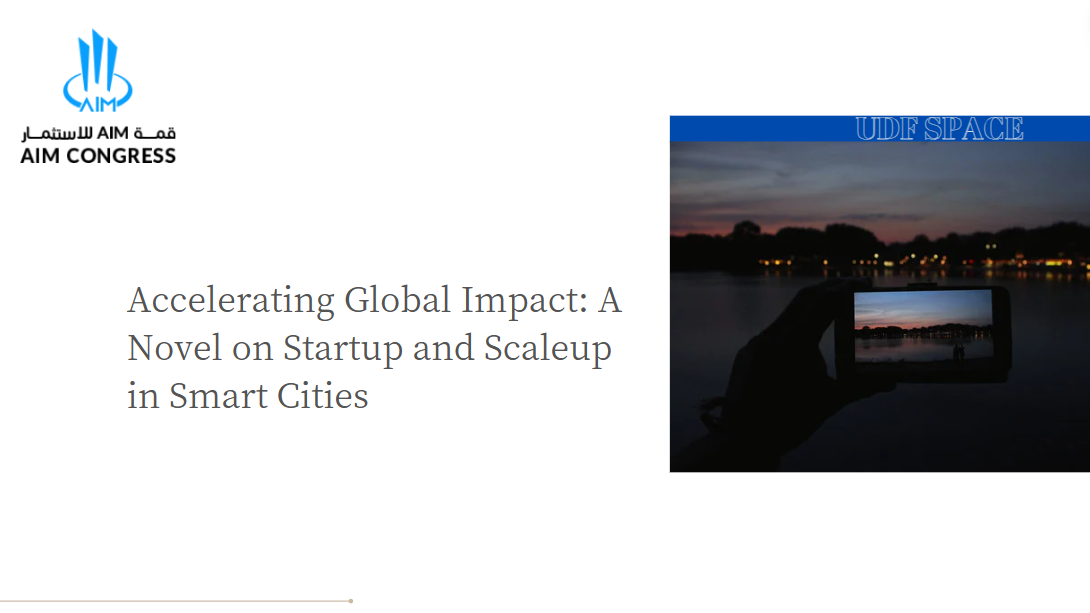
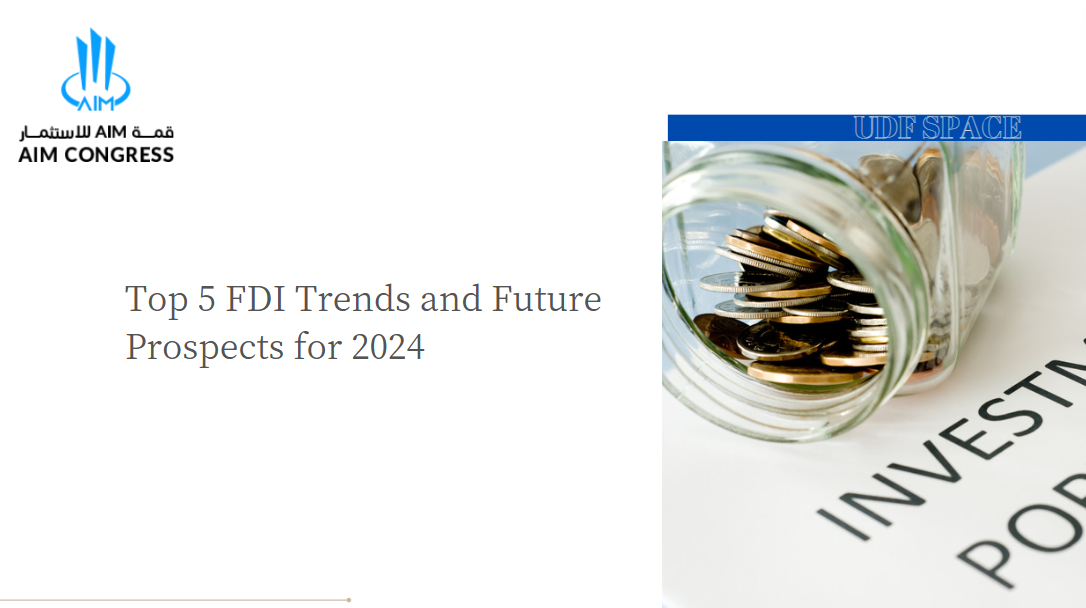










First, please LoginComment After ~